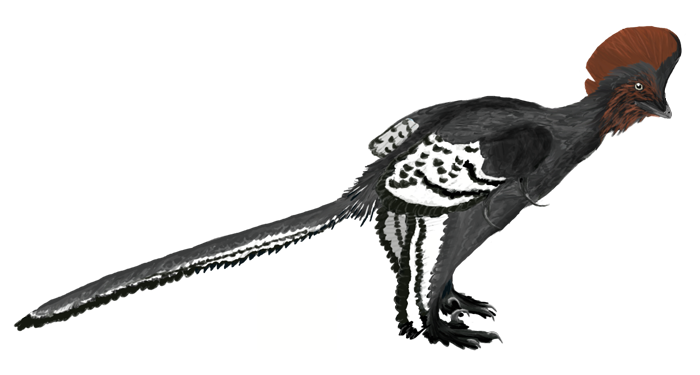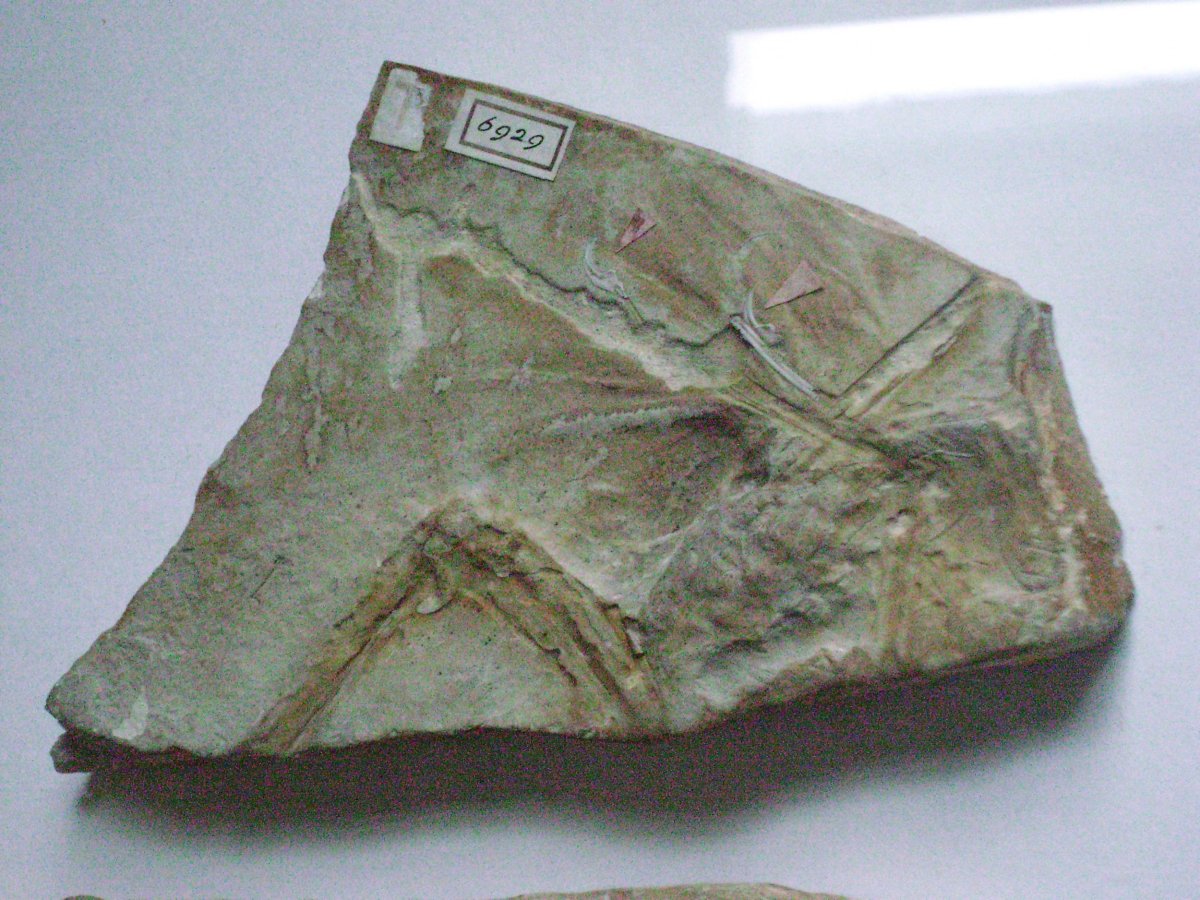
In 1855, paleontologists made a discovery that changed the way we looked at dinosaurs, evolution, and birds. In Germany, they found what would come to be known as Archaeopteryx, the world's first bird. But now, scientists have discovered that this particular specimen isn't what they thought. Rather, this famous fossil belongs to a completely new species.
As it turns out, the "Haarlem specimen," named for the city in the Netherlands where it is currently kept, is actually a member of a completely different group of feathered dinosaurs known as the anchiornithids. In fact, it represents its own, newly proposed genus and species. A new analysis of the old fossil was published in the journal BMC Evolutionary Biology.
Although the Haarlem specimen was the first so-called Archaeopteryx to be excavated and discovered, it wasn't named and classified immediately. Instead, other specimens from around Germany were given the genus name Archaeopteryx, to which the Haarlem specimen was added.
But recently, skeptical paleontologists at Ludwig Maximilian University of Munich decided this classification may have been granted without enough analysis. They carefully analyzed the bones that were preserved in the fossil, as well as a detailed cast. Most of the skeleton is missing from the fossil, but they scrutinized several finger bones and compared them with other Archaeopteryx and Anchiornis specimens.
This closer look revealed that the partial fossil, consisting of little more than wings and claws, belongs to a group of well-studied animals like anchiornis, a four-winged feathered dinosaur that was fluffy and had colors similar to modern woodpeckers. The paleontologists proposed a new scientific name for the fossil: Ostromia crassipes.
This change in taxonomy is especially surprising because dinosaurs in the anchiornithid group have never been found outside a particular Jurassic-era formation in China. How did these tiny animals travel all the way from China to Germany? The authors suggest that the wide dispersal of this group of dinosaurs indicates that they could fly. Reclassifying this animal changes the way paleontologists think about the origins of flight.
The reclassification makes the Haarlem specimen an even more rare and important discovery. As important as Archaeopteryx is, there are 11 other specimens of that genus. But Ostromia is a unique genus that has never before been described.
Both Archaeopteryx and Ostromia are members of the taxonomic family Dromaeosauridae, which includes other feathered dinosaurs like Velociraptor. These animals represent the transition between bigger dinosaurs and modern birds, with sharp dinosaur teeth and long tails, as well as a bird-like shape and feathers.
The small, avian-like Archaeopteryx and Ostromia fossils are preserved in incredible detail, pressed between limestone in a way that shows both their bone structure and the imprint of their feathers on the rocks. Archaeopteryx means "ancient wing," and it's also known as Urvogel, which means "first bird."

Uncommon Knowledge
Newsweek is committed to challenging conventional wisdom and finding connections in the search for common ground.
Newsweek is committed to challenging conventional wisdom and finding connections in the search for common ground.
About the writer
Kristin is a science journalist in New York who has lived in DC, Boston, LA, and the SF Bay Area. ... Read more
To read how Newsweek uses AI as a newsroom tool, Click here.








